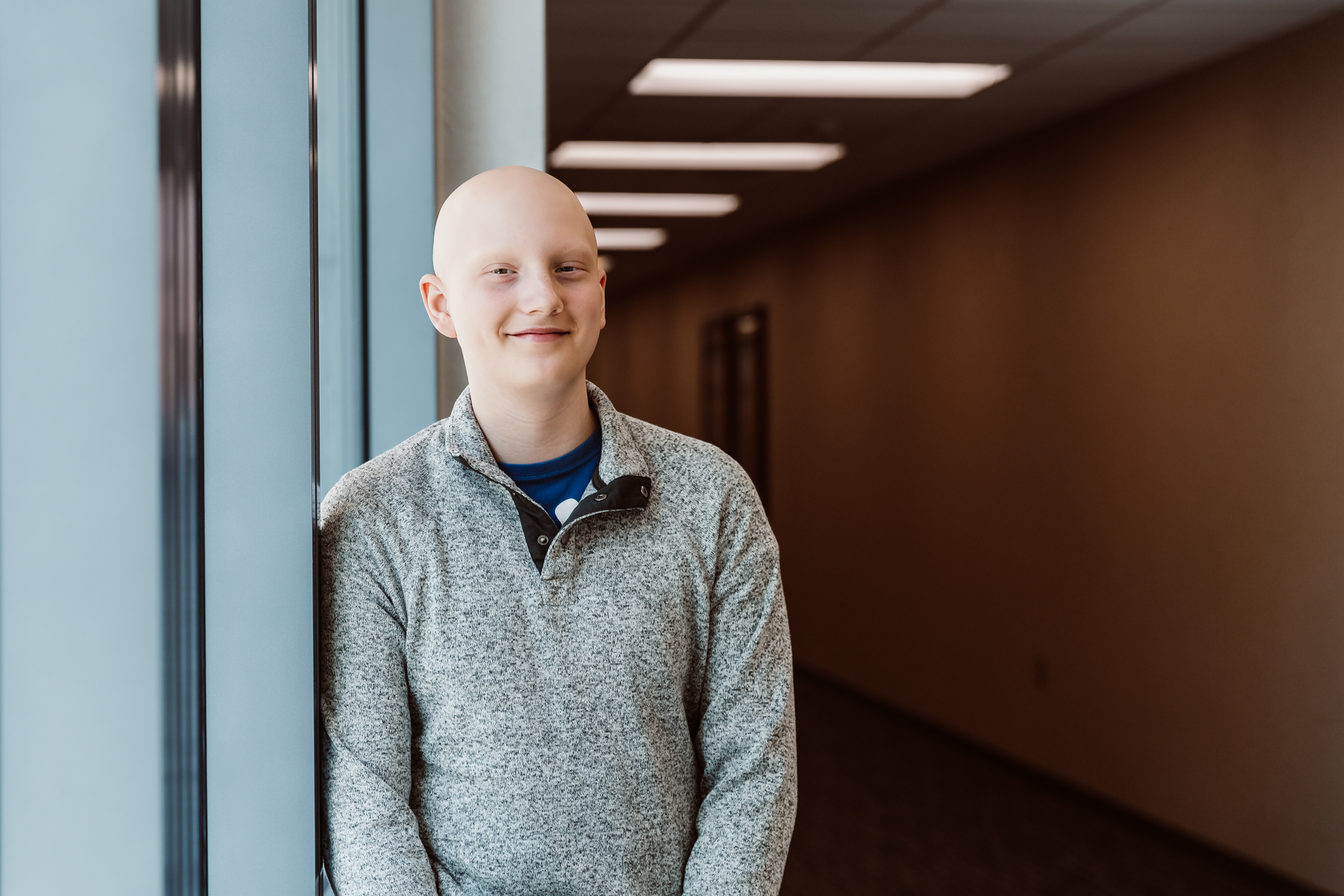
Bolton’s Bravery
With specialized, comprehensive care in hospitals tailored to the unique needs of pediatric patients, children’s hospitals help children and teens like Bolton defy the odds.
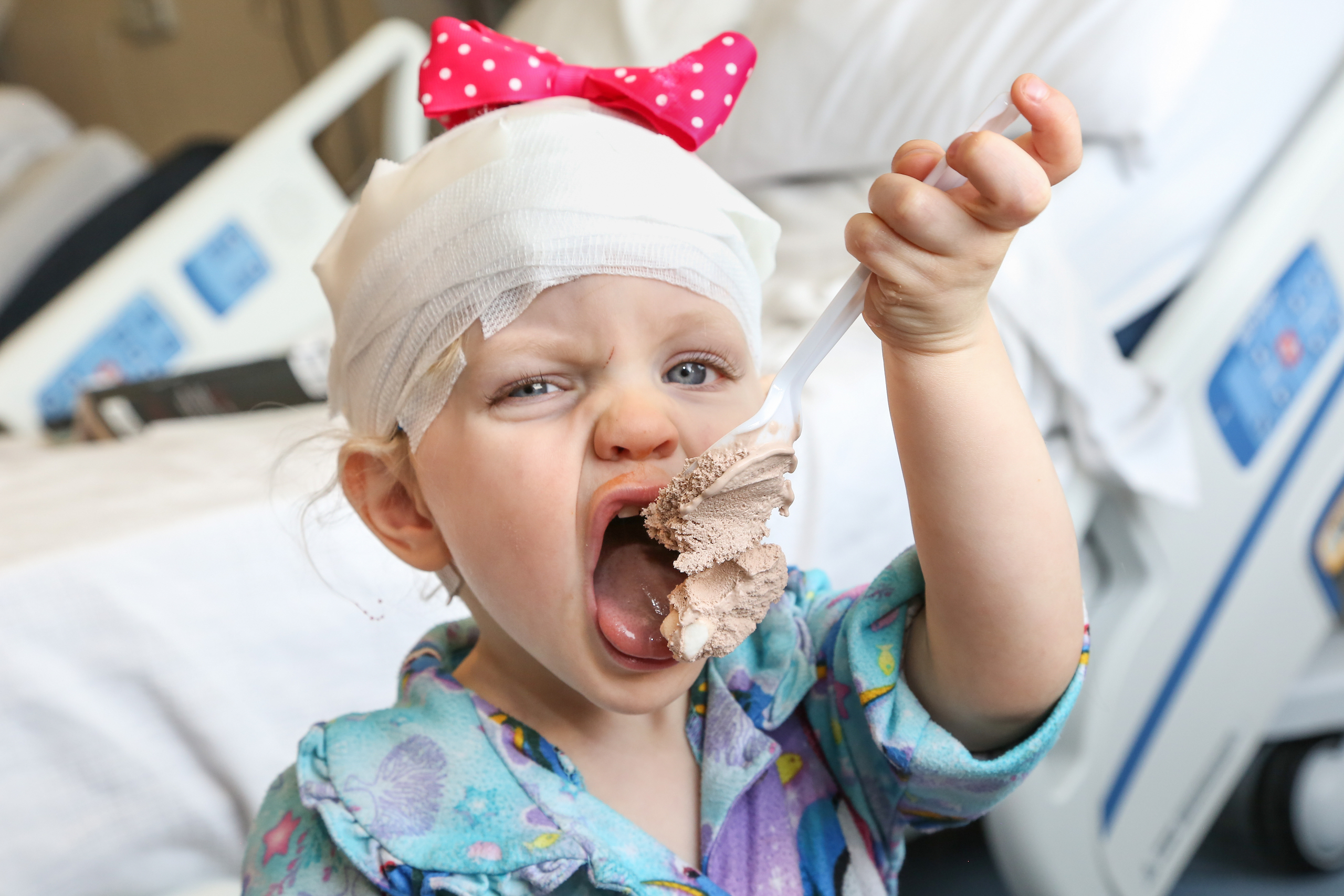
Every day, children’s hospitals help make moments possible. From providing access to the comprehensive care that children need to grow up to supporting children, teens, and their families with specialized treatment for some of the most complex illnesses. Discover more about the moments made possible by children’s hospital through patient stories from around the country.

With specialized, comprehensive care in hospitals tailored to the unique needs of pediatric patients, children’s hospitals help children and teens like Bolton defy the odds.
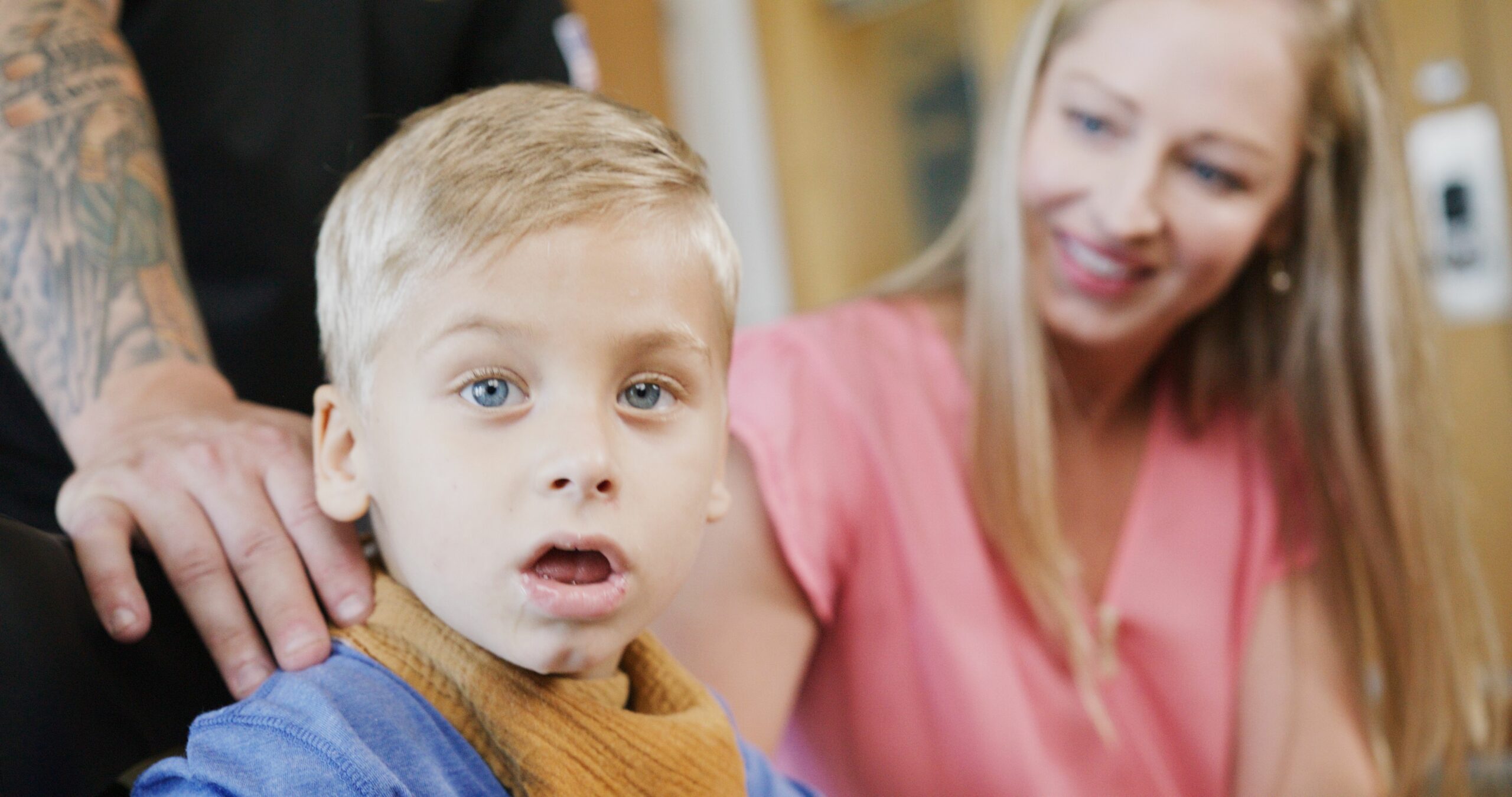
Children’s hospitals provide advanced care for the most complex conditions in environments specially designed for pediatric patients, allowing children like Isaac to thrive.
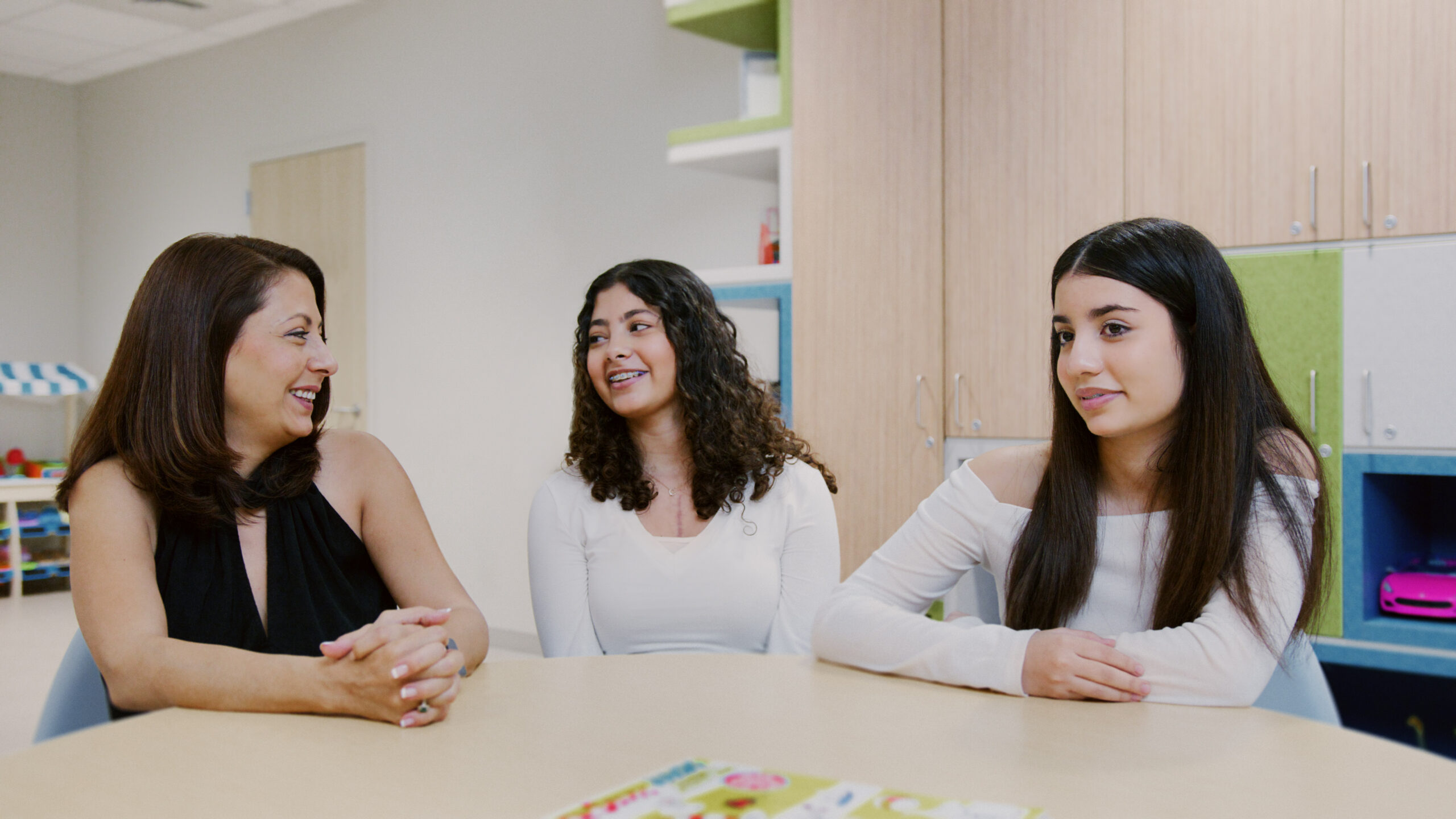
The specialized multidisciplinary teams at children’s hospitals ensure that children and teens – like Cami – can beat multiple complex conditions like cancer and heart failure.
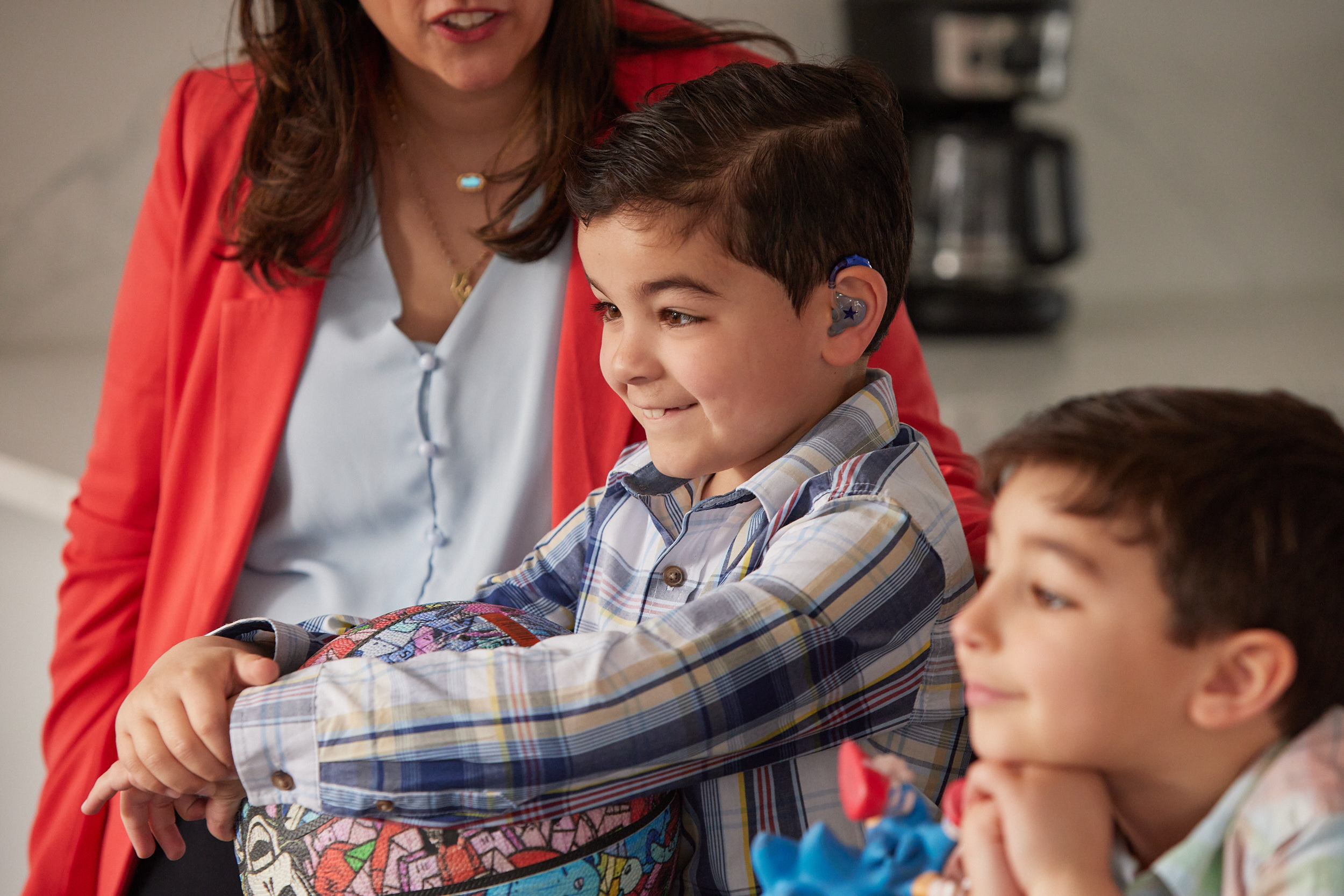
The advanced, specialized care that children’s hospitals provide make moments – like Joseph beating pediatric brain cancer – possible.
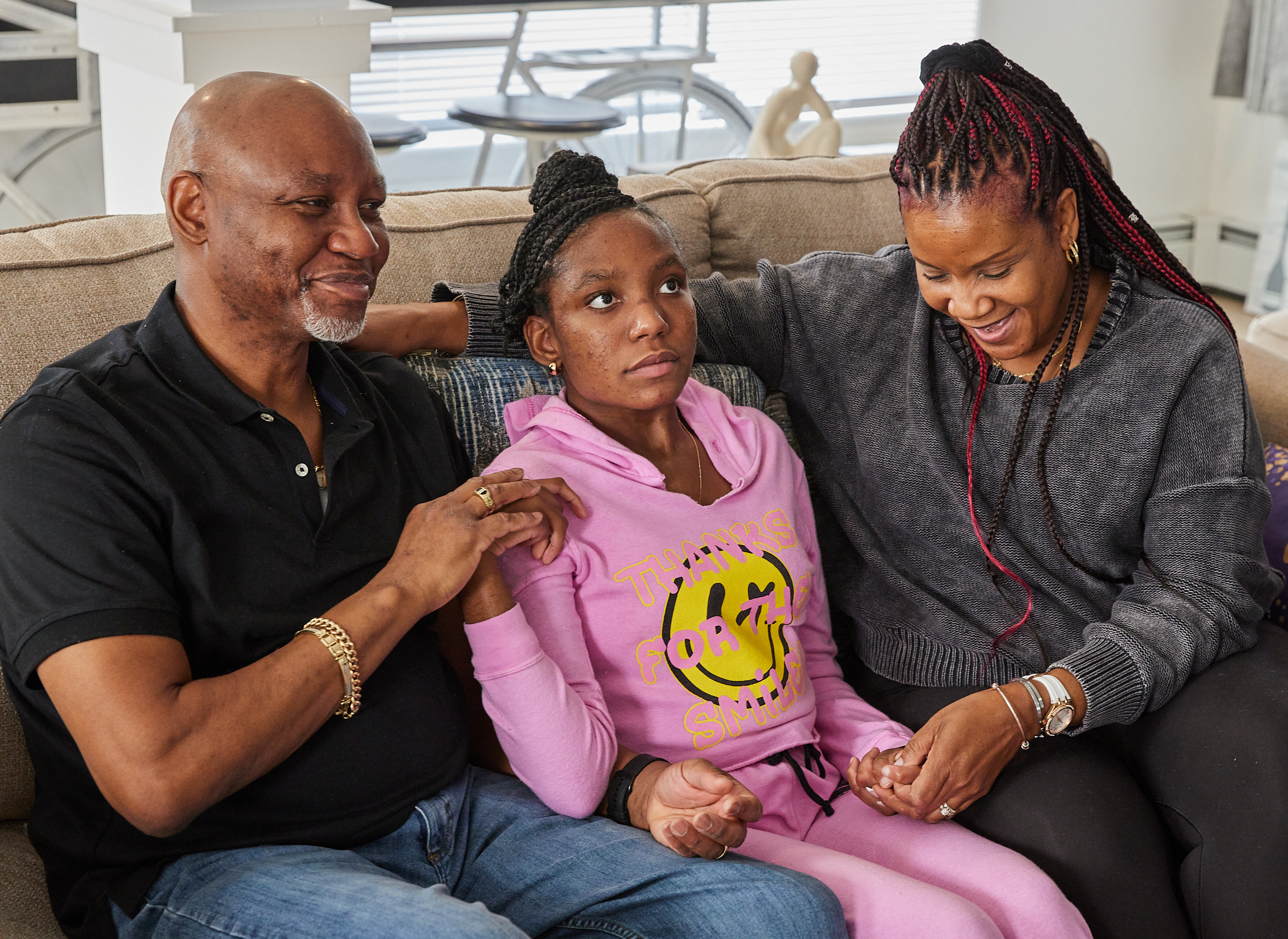
With care delivered by specially trained pediatric clinicians, in environments designed just for children, children’s hospitals help children and teens – like Daniella – navigate complex medical conditions.

When Sriansh was just three months old, his family grew concerned as he slept most of the day, arched his back, and could not control his eye movement. His parents brought him to Cincinnati Children’s, where he was diagnosed with AADC deficiency, a rare genetic disorder that disrupts dopamine and serotonin production in the brain. Sriansh’s family was told he might never walk, talk, or lift his head. But thanks to an experimental gene therapy clinical trial, his story took a groundbreaking turn. At just 16 months old, Sriansh became the youngest child in the world to receive a one-time gene therapy treatment, delivered directly into the brain through a minimally invasive surgical technique. His care team inserted an engineered virus carrying the missing gene, allowing his brain to begin producing the essential chemicals it lacked. Today, Sriansh is walking, running, and thriving because of this innovative clinical trial. This pioneering work helped lead to the first-ever FDA-approved gene therapy administered directly to the brain, offering hope for patients with rare genetic diseases once thought untreatable.
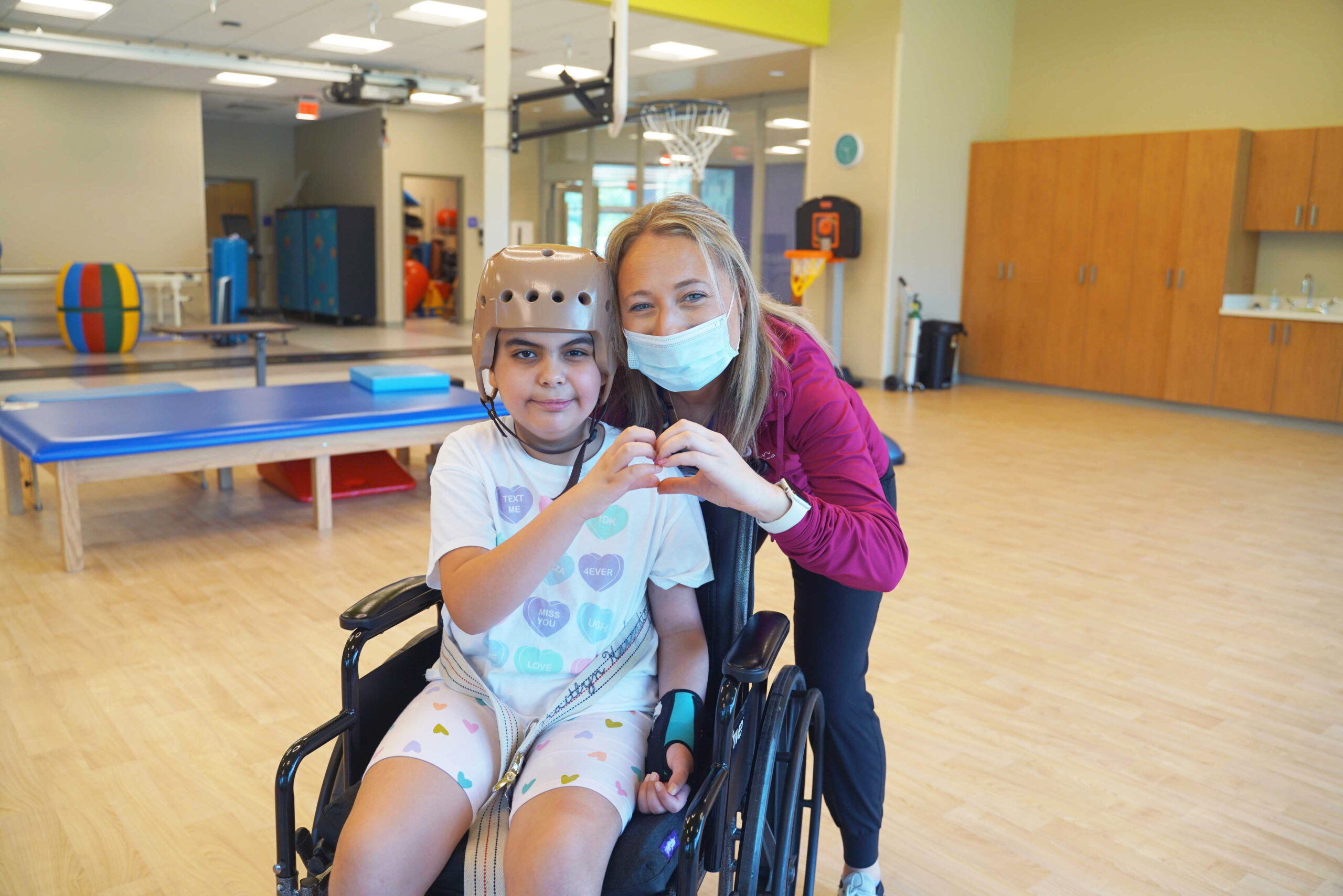
When Irlanda was nine, she started having severe headaches that led to the discovery of an infection between her skull bones and brain lining. She underwent two emergency brain surgeries that ultimately caused Irlanda to lose all mobility on the left side of her body. After her surgeries, Irlanda arrived at ChildServe, where she began six weeks of intensive physical and occupational therapies. Irlanda quickly felt at home at ChildServe‘s Pediatric Inpatient Rehabilitation program as her care team broke her out of her shell. Through her therapies, she regained partial mobility on her left side and took on new activities to improve her strength. Irlanda formed strong relationships with her entire care team at ChildServe, which served as a circle of moral support during her six-week stay. Irlanda is now home, where she can walk with assistance and complete most tasks with her right hand. She will continue to attend outpatient therapy a few times a week and do at-home exercises to increase her mobility.
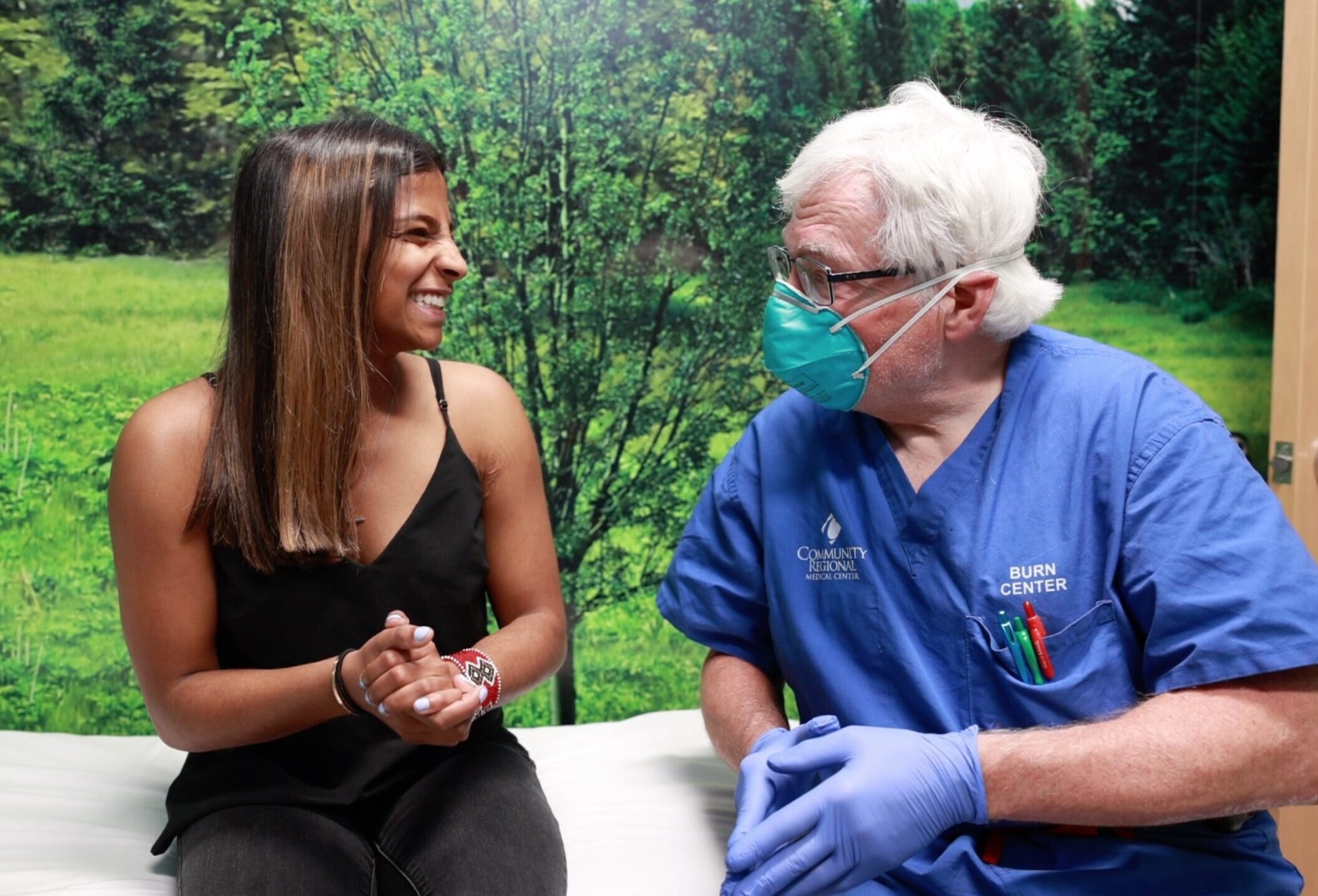
After returning home from school one day, Pradnya decided to make herself ramen for dinner. Disaster struck, when her shirt brushed against the gas stove and caught on fire. Pradyna was immediately rushed to Community Regional Medical Center’s Leon S. Peters Burn Center with severe pediatric burns. A doctor quickly intervened, cleaning and covering her burns and ultimately performing surgery. Pradyna’s access to a comprehensive burn center was especially crucial, as serious burns require specialized care. After her procedure, a physical therapist specializing in burn rehabilitation met with her daily to help her regain normal movement. Thanks to her care team’s thorough treatment and Pradnya’s energetic spirit, she was back to her usual self in no time. In the final days of her physical therapy, you could find Pradnya doing cartwheels down the halls! Today, Pradyna has second and third-degree burns on her torso and a skin graft on her back, but she has regained full motion. Every year since her accident, she returns to Community Regional Medical Center to thank the care team that led her through one of the scariest moments in her life. Through her visits, Pradyna also seeks to provide hope for pediatric patients in similar situations.
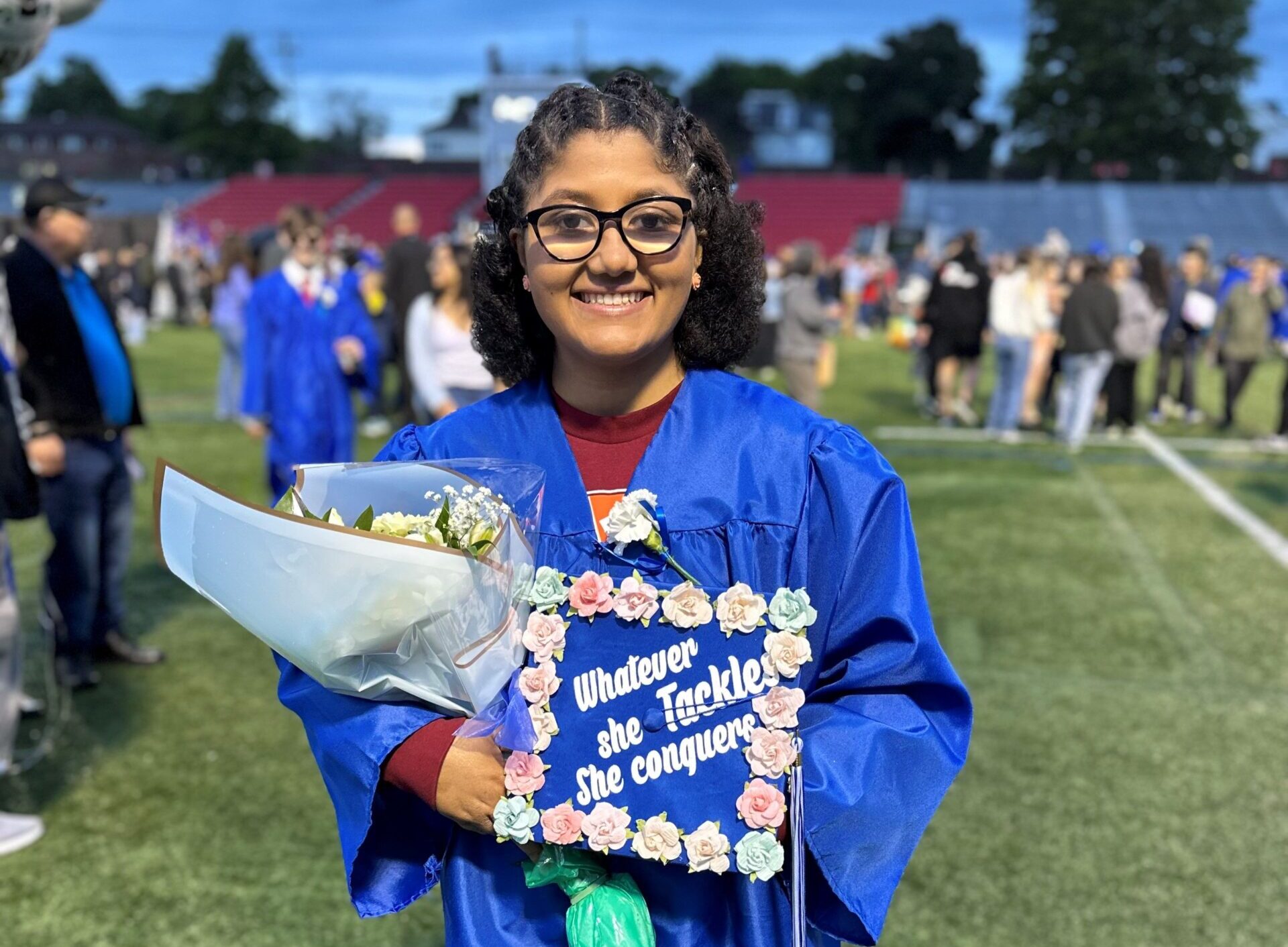
The summer before her senior year of high school, Evonne was enjoying a family vacation in Puerto Rico, excited to go cliff jumping for the first time. When she was getting ready to jump, she got scared and tumbled backward, resulting in a severe spinal injury that left her partially paralyzed from the waist down. Evonne had to be airlifted back to Boston for spinal surgery. After the procedure, Evonne’s real battle started. She had to regain her strength and relearn how to walk. She was transferred to Franciscan Children’s for specialized rehabilitative care, where she was determined to get better for her senior year. Through intensive physical and occupational therapy, as well as music therapy to keep her spirits high, Evonne made remarkable progress. Thanks to her dedicated care team and Evonne’s motivation, she was discharged within two and a half months and got to live out her senior year dreams. She danced all night at her senior prom and walked across the stage to receive her high school diploma, things she didn’t know would be possible after her accident. Today, Evonne is thriving in college and even ran in the annual Franciscan Children’s Road Race!
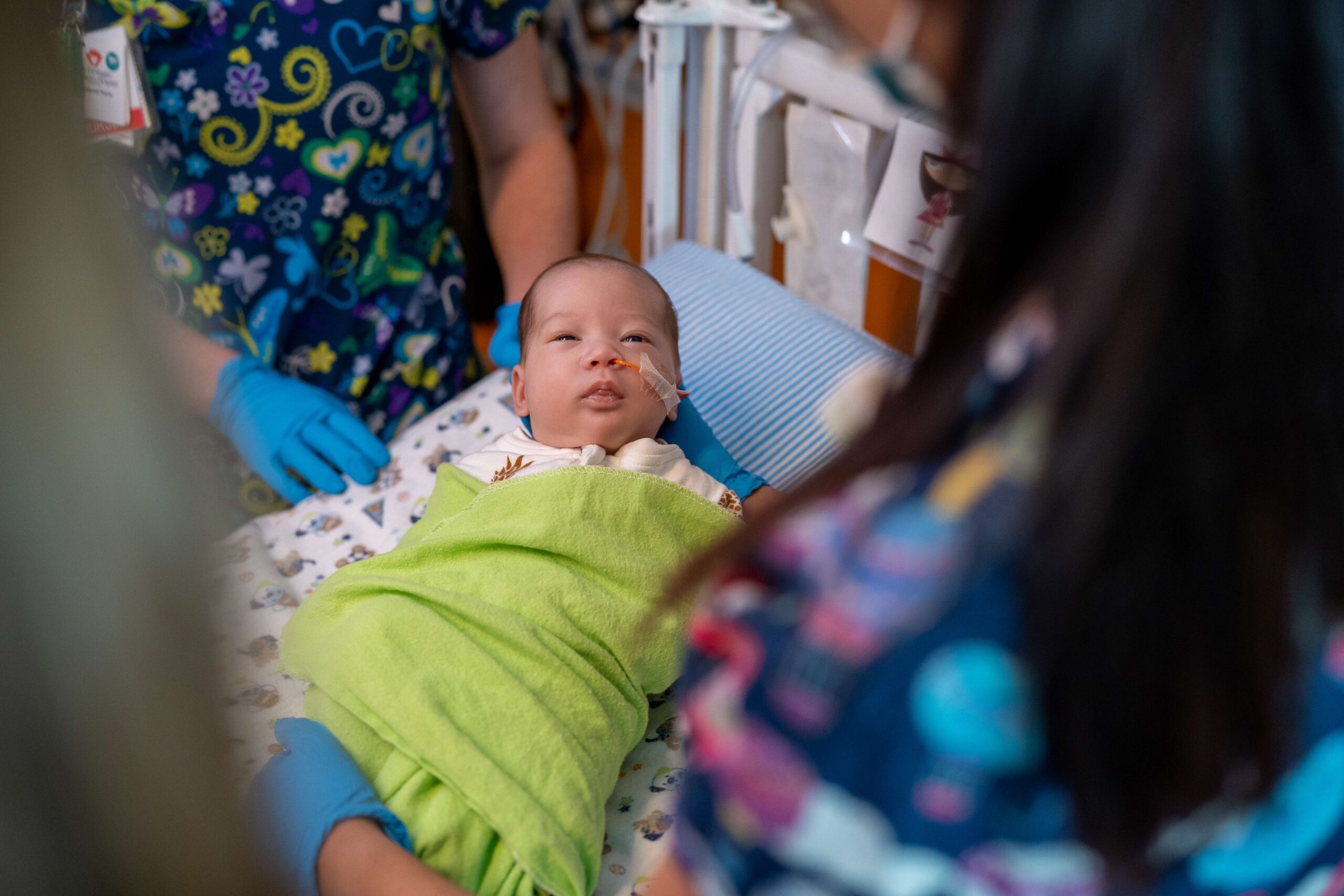
Because of her congenital heart disease, Heather had a high-risk pregnancy and had to deliver her baby, Lily, a few weeks early via C-section. When Lily was born, a breathing tube was immediately inserted to help her breathe while they transferred her to the NICU at Joe DiMaggio Children’s Hospital. A few years prior, Heather’s baby boy spent two months in the NICU at the same hospital, where he received life-saving care. So, the moment Heather handed Lily over to the NICU team, she knew she would receive the best possible care, just like her son did. As Lily grew stronger in the NICU, the nurses brought Heather to the unit a few times to see her. These early visits allowed Heather to bond with Lily in her first few weeks of life. Heather is exceptionally grateful she had a team that reassured her and made her feel comfortable throughout Lily’s entire NICU stay. Today, Lily is a healthy baby enjoying life at home with her family.
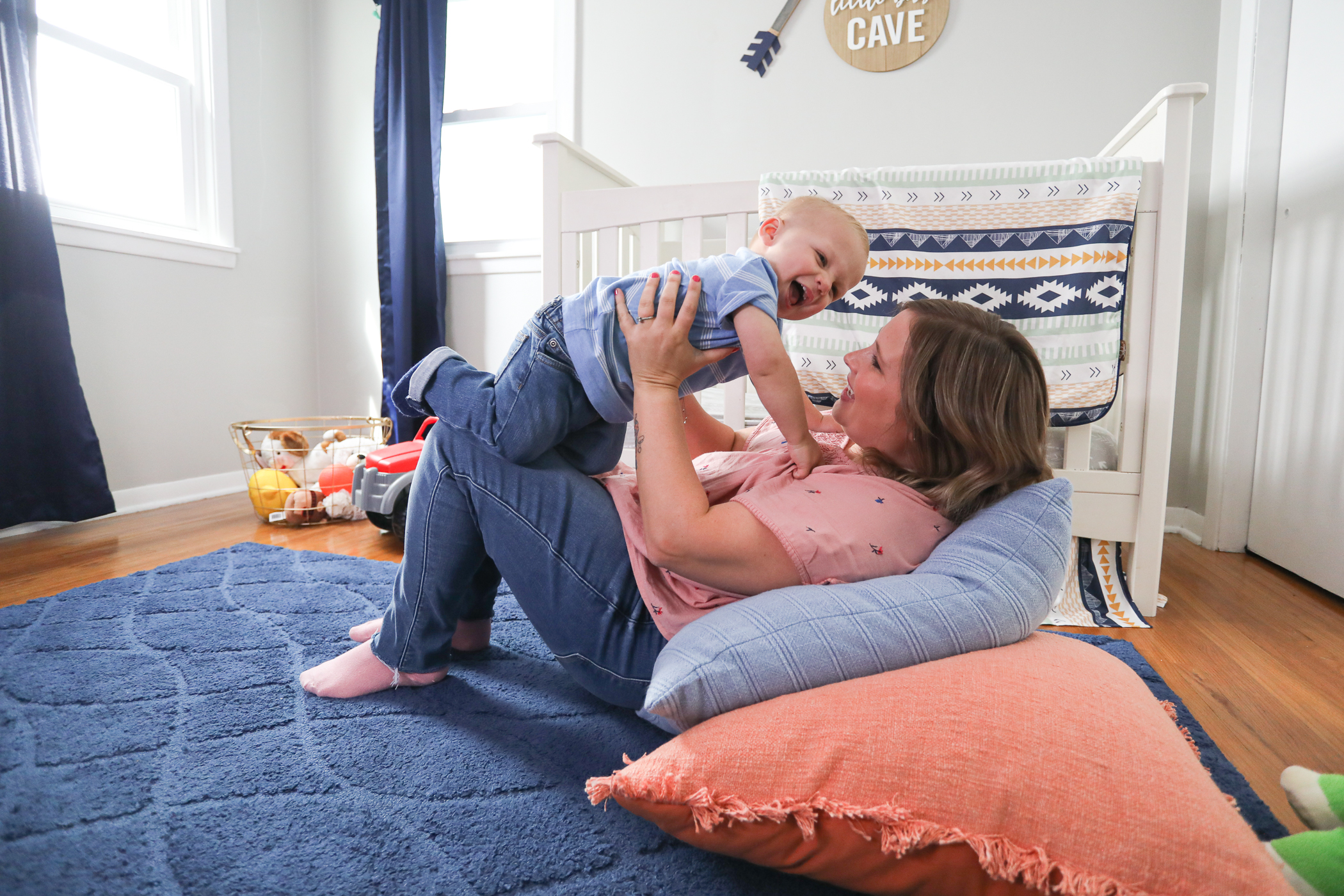
When a 22-week routine sonogram detected an irregularity in Oaklee’s heartbeat, a care team referred the family to John R. Oishei Children’s Hospital in Buffalo, NY. They discovered that Oaklee had supraventricular tachycardia, which causes the heart to beat faster than usual. For eight days, doctors worked hard to regulate his heartbeat. However, once his heart was stabilized, the clinicians found that Oaklee’s mother had placenta accreta, which often causes premature delivery. For the next twelve weeks, a dedicated team care team closely monitored her and the baby’s health and soon found that Oaklee also had a cleft lip. Once again, the team at Oishei Children’s Hospital stepped up to guide the parents through his new diagnosis. At 34 weeks, doctors determined it was time to deliver Oaklee. While Oaklee’s mother was nervous about being under different care than her routine OB/GYN, the dedicated team held her hand through hours of surgery and a 13-pint blood transfusion. After 19 days in the NICU, Oaklee went home. In 2021, Oaklee underwent surgery to receive his forever smile, and today he is thriving! His parents are forever grateful for the incredible care and compassion they received during every step of their health journey.
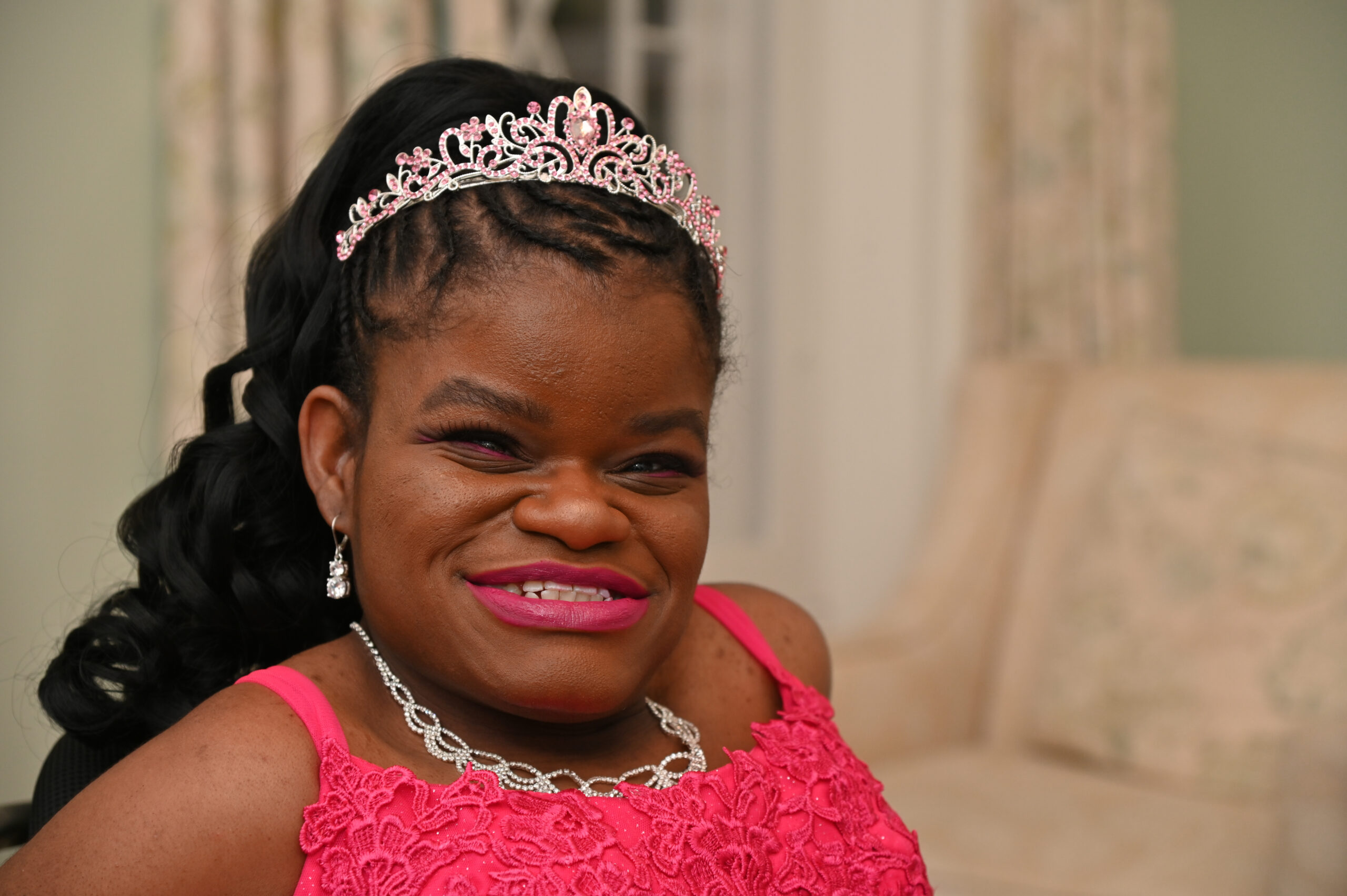
Stephanie has lived most of her life at Elizabeth Seton Children’s Center, starting her journey there at just three months old. Since she was born, she’s faced immense medical challenges, including spina bifida, Arnold-Chiari malformation, neurogenic bladder, and hydrocephalus. Despite enduring numerous painful and high-risk surgeries, Stephanie’s courage and love for music and art have helped her through her toughest moments. Now, at 26, she is a vibrant young woman, known for her stylish outfits and exuberant personality. As Elizabeth Seton Children’s International Spokesperson, volunteer, and an Associate of the Sisters of Charity of New York, Stephanie advocates tirelessly for young adults with complex medical needs who age out of pediatric care and face uncertain futures. She is a role model, demonstrating that life is full of possibilities. Stephanie is now focused on raising awareness for a future young adult center to ensure young adults with medically complex conditions like her can receive the care they need to reach their fullest potential.